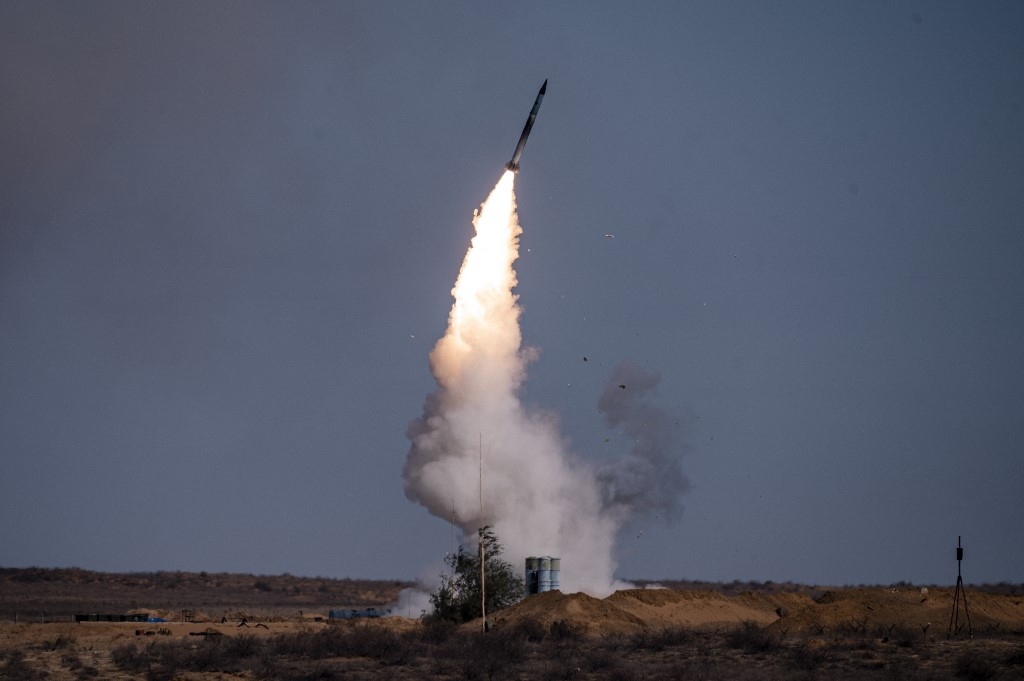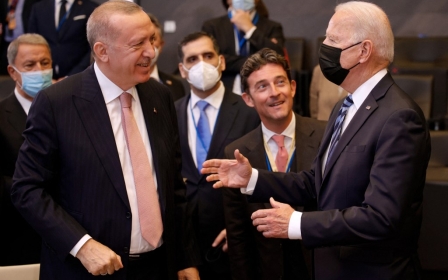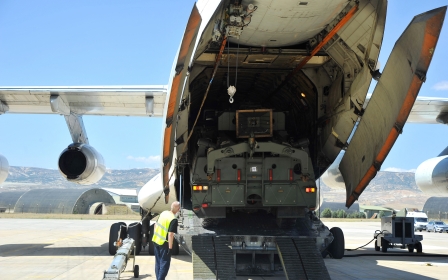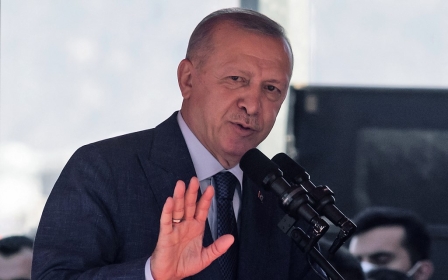S-400: Turkey 'not ready' to sign deal to purchase new supply of Russian missiles

Turkey is not in the final stages of signing a deal to purchase a second unit of Russian-made missile defence system S-400 as asserted by Russia, a senior Turkish official told Middle East Eye on Tuesday.
The official said there had been no change in the status of the negotiations with Moscow.
On Monday, the general director of Russian state arms supplier Rosoboronexport, Alexander Mikheev, said that the consultations between Turkey and Russia on the new supply of the S-400s were at the final stage. “And in the near future we will go out with partners to formalise and sign a contract," he said, according to the Russian state media.
Washington imposed sanctions on Turkish officials in December under a US law that bars significant military transactions with Russia due to its initial deal to receive the first S-400 system. Turkey was also removed from the fifth-generation F-35 fighter jet programme by the Pentagon in 2019 due to concerns over possible Russian espionage through the S-400s.
Turkish officials held a series of meetings with the Biden administration earlier this year to resolve the issue but both sides couldn’t reach a solution to remove the sanctions.
The Turkish official believes Russia had been trying to manage a perception operation by releasing misleading statements against Turkey amid economic woes in the country and with outstanding issues with Washington.
“The Russians are trying to poison [our] relations with the United States,” the official said.
Turkey has yet to fully activate the already purchased S-400 system, in order to prevent any escalation with Washington.
Russia’s initial deal with Ankara was to provide tech transfer and joint production opportunities to Turkey with the second purchase of the S-400 system. However Turkish officials in Ankara remain doubtful that Russia would provide such critical tech information to their Turkish counterparts unless there is strong political will by the Russian leadership.
Middle East Eye propose une couverture et une analyse indépendantes et incomparables du Moyen-Orient, de l’Afrique du Nord et d’autres régions du monde. Pour en savoir plus sur la reprise de ce contenu et les frais qui s’appliquent, veuillez remplir ce formulaire [en anglais]. Pour en savoir plus sur MEE, cliquez ici [en anglais].




